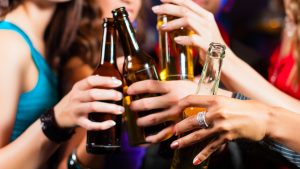
For many, a drink or two can be a way to celebrate an occasion or compliment a nice meal. Others may not enjoy alcohol at all; they might not like the taste, they don’t like the sensation of being tipsy, or they don’t like feeling out of control but still consume alcohol willingly. So why do people do that. Why do people consume alcohol willingly even after knowing that it is not a healthy thing?
So there are various reasons as to why some people drink alcohol willingly. In the early stages of the drinking, people often discover that alcohol produces a range of pleasant effects. These effects are often so difficult to notice that people continue to drink even after their drinking has become “a problem.” Here are a few of those effects noted by both moderate drinkers and alcoholics alike.
Stress Relief
For both moderate drinkers and alcoholics, alcohol has wonderful anti-anxiety properties, meaning it can inhibit anxiety or the feeling of stress. It is a common way for people to unwind after a long day’s work.
Alcoholics often discover this effect early in their drinking career. As addiction takes hold, the afflicted person continues to drink despite evidence that alcohol is no longer providing any of stress relief. Propelled by the myth that they can stop after a glass or two, they unsuccessfully chase this feeling of relief. More often than not for the alcoholic, drinking alcohol worsens the very stress they were hoping to avoid.
Peer Pressure
Many people drink when the others around them are drinking. In fact, most non-alcoholics tend to drink in some social situations, such as weddings or football games, where alcohol is considered a part of the event itself. Though the term “peer pressure” is often associated with the young people, it is not limited to those in junior high, high school, or college. Drinking is prevalent in our culture, socially accepted, and legal. Peer pressure to drink alcohol can exist at any stage of life and exists hugely in our society.
For the alcoholic, the obsession to drink can turn peer pressure into a cleverly disguised excuse for drinking—even when they know they shouldn’t be drinking based upon mounting evidence it’s a problem. Often, alcoholics believe that they are drinking to have fun and enjoy time with their friends which is oddly ironic as they frequently drink alone.
To Lose One’s Inhibitions
Let’s face it, there are a lot of shy people out there. Moreover, there are also a lot of situations in which someone doesn’t even necessarily have to be all that shy in order to be intimidated. First dates and large parties filled with strangers are common examples. Whatever the reason, people often drink alcohol to lose their inhibitions in these types of settings. Because of alcohol’s ability to make people feel comfortable in situations where they otherwise would not, it is commonly referred to as “liquid courage.” For many non-alcoholics, it is a wonderful, temporary “social lubricant.”
Binge drinkers may become so uninhibited that they behave in an inappropriate, embarrassing, or obnoxious manner. For alcoholics who have developed an overwhelming obsession to drink, this effect can deteriorate relationships and cause unseen damage.
In sum, the motivational perspective predicts that people will be motivated to use addictive substances to the extent they expect that doing so will result in desirable effects that they want to achieve. Otherwise, they would not find it so appealing.



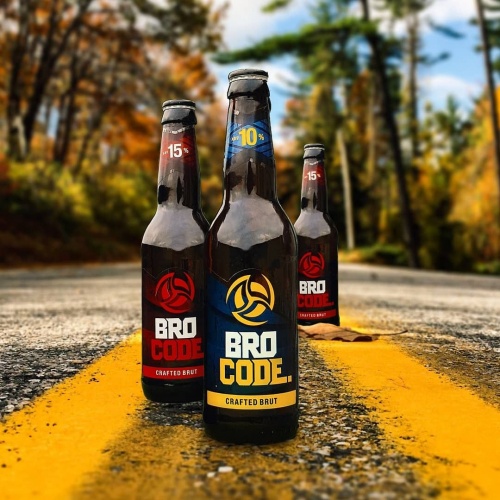
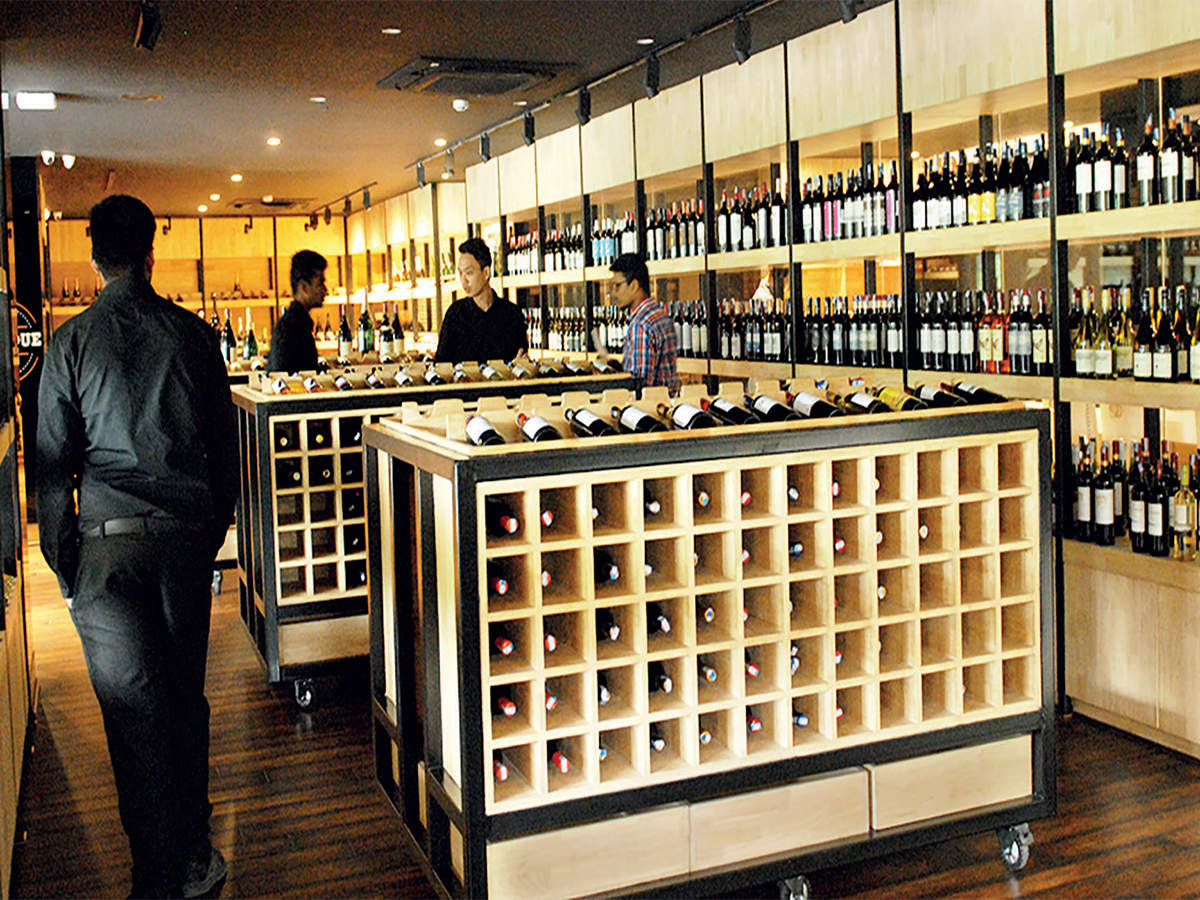
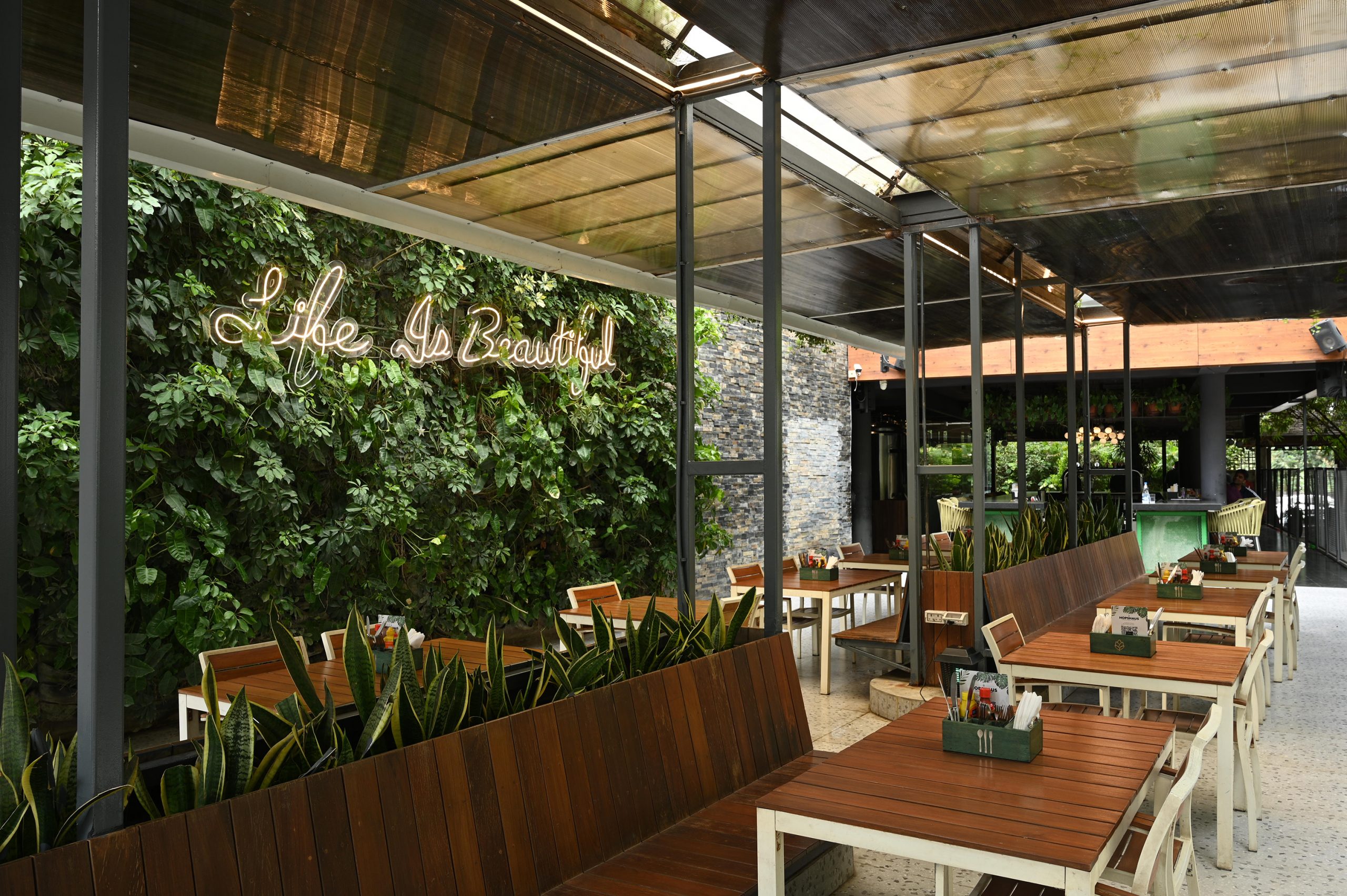

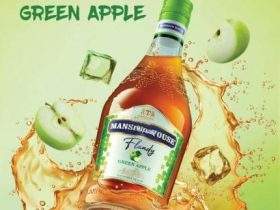


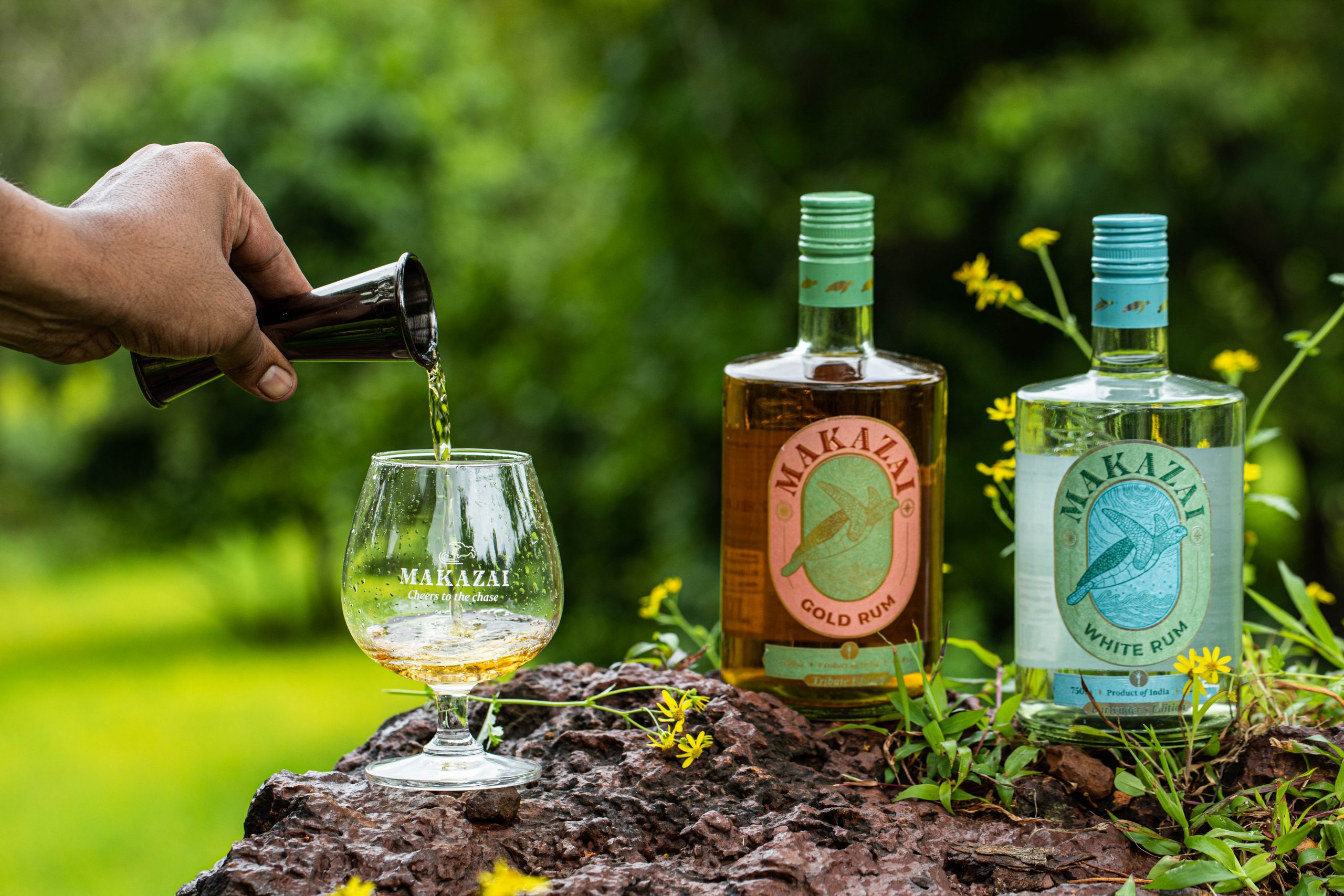

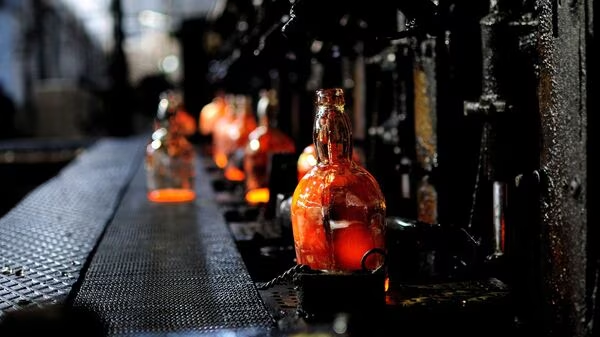
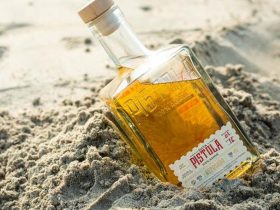

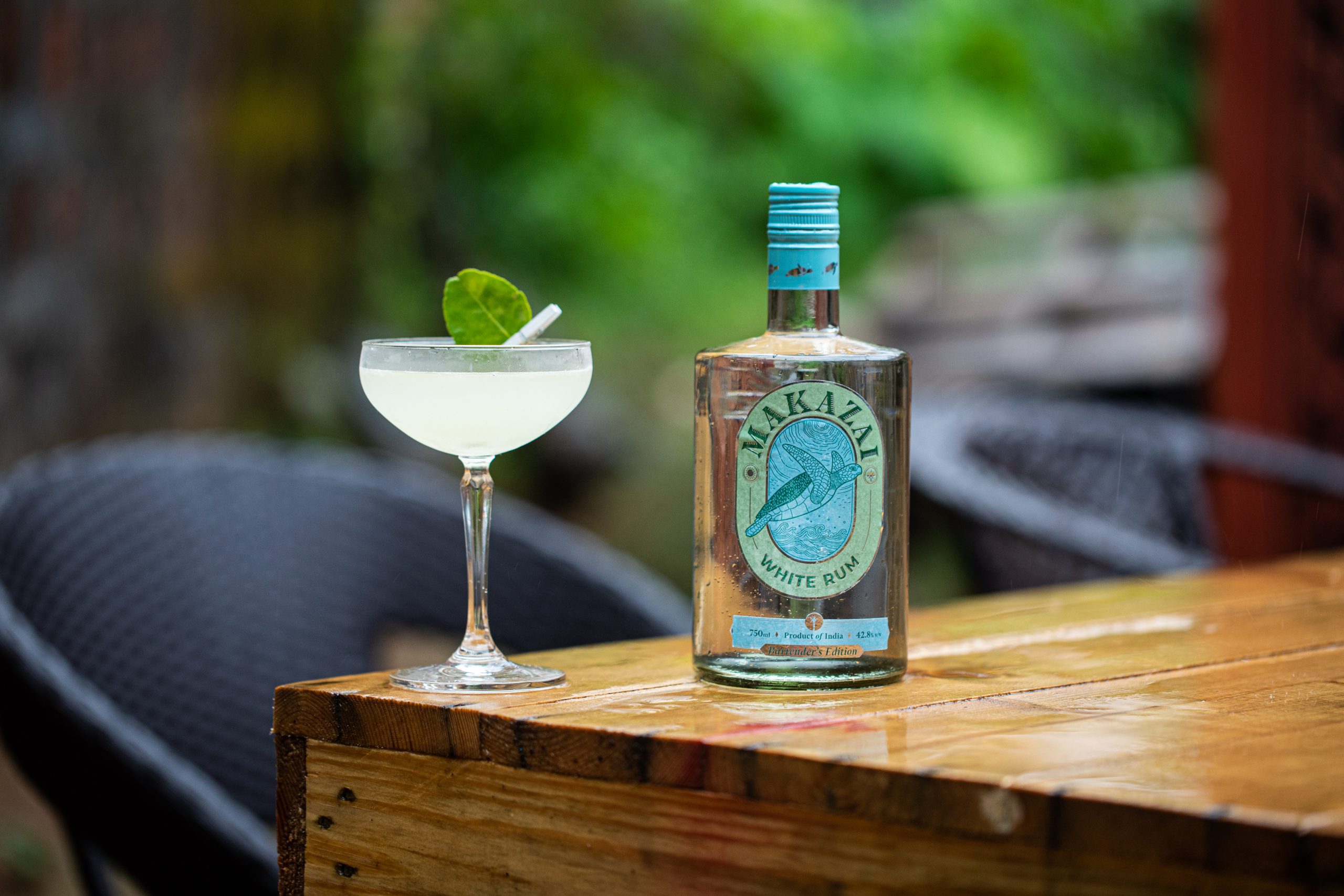
Leave a Reply